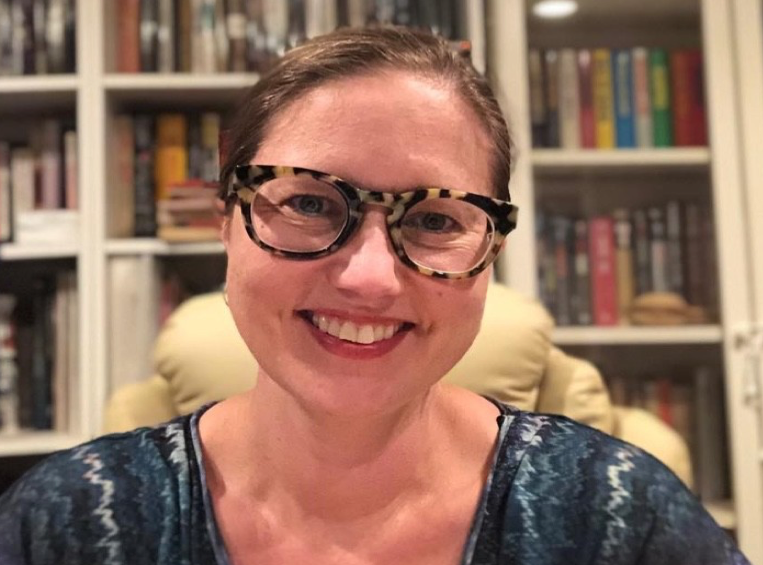Multi-Element Behaviour Support
INTERVIEW
Positive Support Group is all about delivering holistic and person-centred support. We are therefore excited to have had the opportunity to speak to Lori Ann Dotson, Strategic Director of Vision and Innovation of IABA Research and Education Foundation in the US about Multi-Element Behaviour Support (MEBS) as a means of supporting individuals to develop the kinds of lives they aspire to.
PSG: At PSG we are proud to deliver Multi-Element Behaviour Support to ensure truly holistic and socially valuable outcomes for our clients. Obviously, IABA with Dr. Gary LaVigna and Dr. Thomas Willis at the front are famous, among other things, for developing the MEBS model. How would you summarise MEBS?
Lori Ann: MEBS is an evidence based and collaborative framework for providing Positive Behavior Support to people with a wide range of different needs and challenges. The basis consists of proactive strategies, (ecological adaptations, skills building and focused supports). Some people in our service systems do not experience life’s best things, and their lives have instead narrowed. MEBS is about putting into reach the skills, relationships and experiences that people with lives well lived are experiencing. MEBS also includes non-aversive reactive strategies which focus on de-escalating behaviour in the present moment in a rapid, safe and dignified manner rather than focusing on future effects on behaviour. However, it’s essential to keep in mind that MEBS is not an à la carte menu. All of the elements are necessary, it is the combination of them that will make a meaningful difference to people’s lives.
PSG: What are some of the features that sets MEBS apart?
Lori Ann: I think one thing is that MEBS not only endeavours to foster having a good life, it's really about having the best possible life. This is facilitated through the different components of MEBS coming together. People with disabilities have historically been devalued and in many environments, the people who serve them have also been devalued. But this model creates a framework where it's possible to change that. Knowing the lifechanging power of MEBS, I have never met a child or an adult, regardless of the level of complexities going on for that person, for whom I didn’t think a good life was possible, and worth reaching for.
PSG: Finally, how do you see the future for MEBS?
Lori Ann: MEBS is a dynamic model which will keep on growing and adapting, not only to changes of circumstances in people’s lives, but to comprise new groups and contexts. For example, I am hoping that organizations that are using MEBS clinically do start to incorporate an organizational MEBS framework as well. We have found that our teams are really responsive to having a multi element approach to troubleshooting for them, whether it's related to skills development, work environment, or if they themselves are having a behavioural support need. An organizational MEBS framework provides us all the tools that we need to ensure that people not only have a good work life - but the best work life possible.

